Questions to Ask your Doctor after Menopause and Health Chechups
Menopause can be life changing for a lot of women. Although, some women will have severe symptoms while others won’t, menopause can be uncomfortable and difficult at times.
To ensure good health when your symptoms such as hot flashes, deficiencies, insomnia, and others, you need to consult your doctor.
Major questions to ask your doctor about menopause and its symptoms:
How will it change your sleep, diet and energy?
Should be worried about a decrease in sex drive?
What are the right supplements and how to prevent symptoms?
Here are some important points that you should keep in mind when visiting your gynecologist for a health checkup after menopause:
1.Is it menopause?
You might mistake the symptoms of other health problems with menopause; therefore, it is a good idea to ask your doctor if it is menopause that you are going through.
Menopause starts usually between the ages of late 40s to late 50s. But they can be early or late for some women based on their environment, medical history, lifestyle and hereditary.
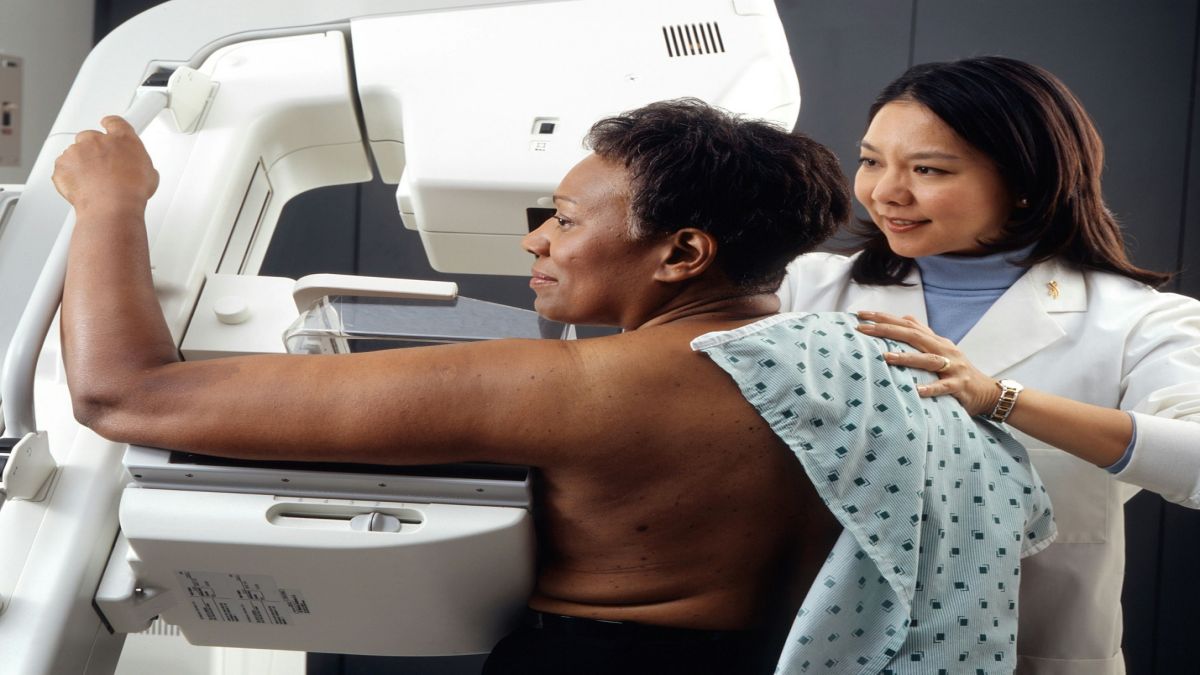
Common symptoms of menopause are:
●Irregular periods
●Unusually light or heavy periods
●Hot flashes and night sweats
●Insomnia or trouble falling asleep
●Low energy
●Change in sex drive
It is important to note that all these problems may also be caused by the following health problems:
●Pregnancy
●Thyroid or pituitary gland problems
●Ovarian cysts
●Endometriosis
●Poly cystic ovaries disease PCOS
That’s why it’s important to stay connected with a healthcare professional. They can help determine whether menopause or something else is causing your symptoms.
2.Will my sex drive change with menopause?
Changes in the production of libido in your body can lead to a decrease or increase in your sex drive. Another symptom of menopause is vaginal dryness that make having sex unpleasant and uncomfortable.
Many factors can influence your libido but if the loss of libido is due to hormonal changes, the doctor can run tests to check your hormone profile.
If you have sexual health concerns, your doctor can help you prevent or minimize them. They can recommend medication and help suggest diet and lifestyle changes to avoid them.
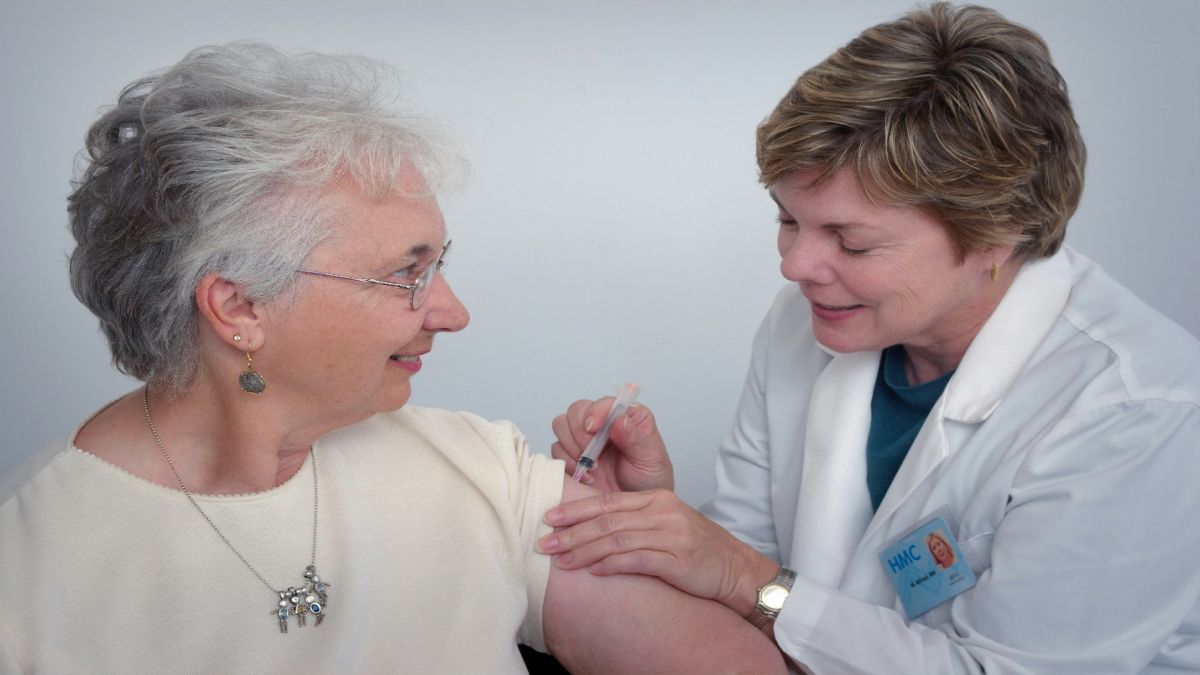
3.Will it affect sleep due to menopause?
Your sleep may or may not suffer due to menopause. If you are a heavy sleeper and now suddenly you cannot sleep well or experience hot flashes during night, then the cause is probably menopause.
Your gynecologist will ask questions about your caffeine intake, lifestyle and sleep schedule to check if the cause is other than menopause. If the cause is menopause, they will recommend medication that helps you sleep better.
4.Does the risk of cancer or other diseases increase after menopause?
The risk of developing some types of cancer such as breast cancer or ovarian risk can increase after menopause.
Depending on your genetics, lifestyle, and medical history, you may or may not need to go through regular tests to rule out cysts or cancers.
Other tests that your doctor may suggest for assessing your overall health after menopause are:
●Bone density scan to check the health of your bones and osteoporosis risk.
●Lipid profile to test your cholesterol levels as you may be at risk of diabetes or heart disease.
●Blood glucose test to check your risk of developing diabetes.
●Thyroid tests for checking an underactive thyroid gland that could be causing fatigue, weight gain, brain fog and hair loss.
●Blood pressure monitoring from time to time can help identify if you have hypertension that can cause headaches and dizziness.
5.Can menopause affect mental health?
Hormonal changes can also affect your mental well-being especially if it is affecting your sleep and hormones. Hormonal changes can decrease the secretion of hormones that make us happy and relaxed which can lead to stress.
Physical symptoms such as hot flashes and night sweats can be also uncomfortable and cause anxiety. When your health and quality of sleep deteriorates, it can cause irritability.
6.Can you reverse menopause?
Menopause is a part of aging and our body’s natural process however it can create certain health problems for some individuals.
Less production of estrogen can lead to several health problems such as deteriorating bone health, insomnia, decreased sex drive, and mood swings that can get very problematic for some individuals.
A treatment for this is hormone therapy also known as hormone replacement therapy HRT that involves taking estrogen or progesterone in a pill to replace the missing hormones in the body.
It can reduce the symptoms of night sweats and even bone loss. However, hormone therapy can have some side effects such as risk of breast cancer and developing heart disease.
Ask you doctor about hormone therapy and if it can help you reduce severe symptoms of menopause if you are experiencing them.

7.Can supplements help with symptoms of menopause?
Supplements can help soothe the symptoms of menopause. Some deficiencies that may be occurring due to low progesterone and estrogen can be improved with oral supplements.
●Vitamin D and calcium for prevention of osteoporosis.
●Vitamin E to reduce skin dryness and hot flashes.
●Vitamin B for improving mood swings.
To take the right supplements, you should talk about your health in detail with your doctor to help them recommend the best one for you.
Your health can improve significantly with the right supplements therefore after menopause supplements paired with right diet can be a great way to enjoy healthy post-menopause journey.
Consult with your doctor about the side effects of these supplements and only take supplements prescribed by your doctor.
Bottom Line
Visit your gynecologist after menopause to get a health checkup and discuss your symptoms. If your symptoms are severe, your gynecologist will run tests to find out the cause of symptoms.
It can be a good opportunity to get answers to all your menopause related questions and the support you need.
Talk to a therapist if you have severe mood swings, anxiety or insomnia. In some cases, a doctor and therapist can help women simultaneously transition smoothly when going through menopause.
OTHER NEWS
-
- Possible causes of swelling in both ankles
- By Jason 06 Mar,2024
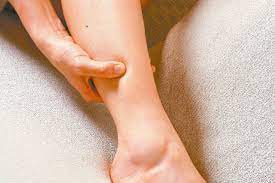
-
- How to determine if you have rhinitis
- By Dr. James 12 Apr,2024

-
- Non-allergic rhinitis—vasomotor rhinitis
- By Dr. James 12 Apr,2024

-
- The Latest Advances in Dental Implants: What You Need to Know
- By Prodosh Kundu 07 Aug,2024
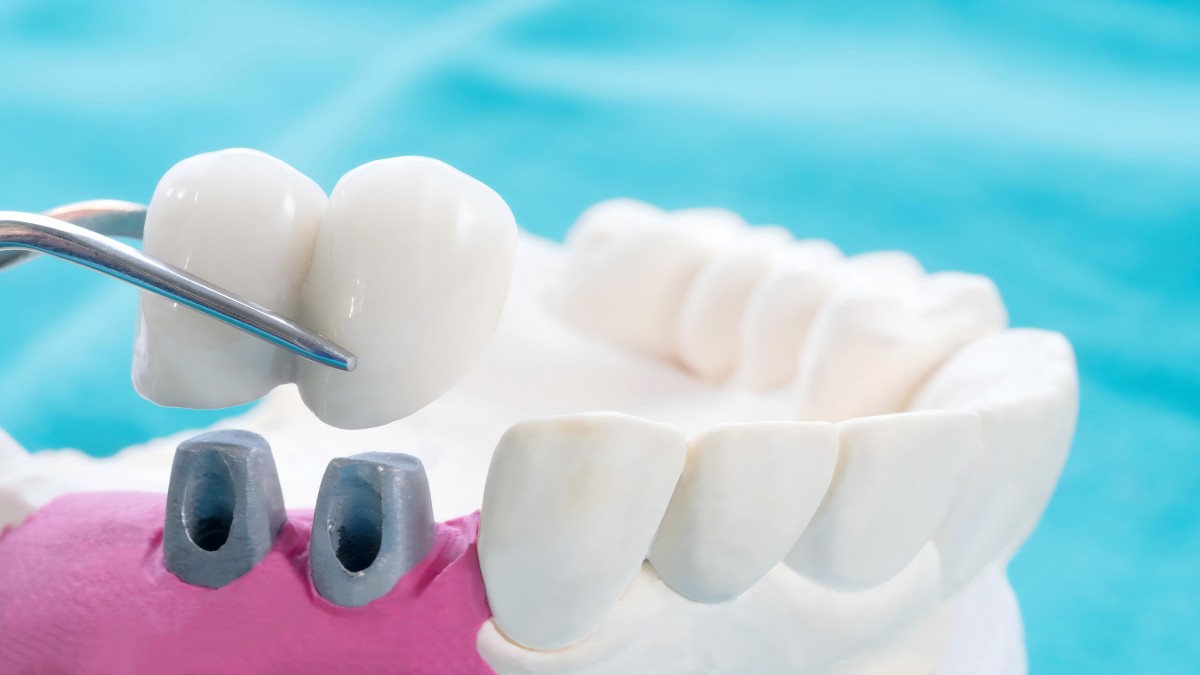
-
- Influences and Innovations in Dental Health
- By Roha Tariq 07 May,2024

-
- How to Prevent Physical and Mental Inactivity in Elders
- By Syed Hassan Sabeeh Kazmi 17 May,2024
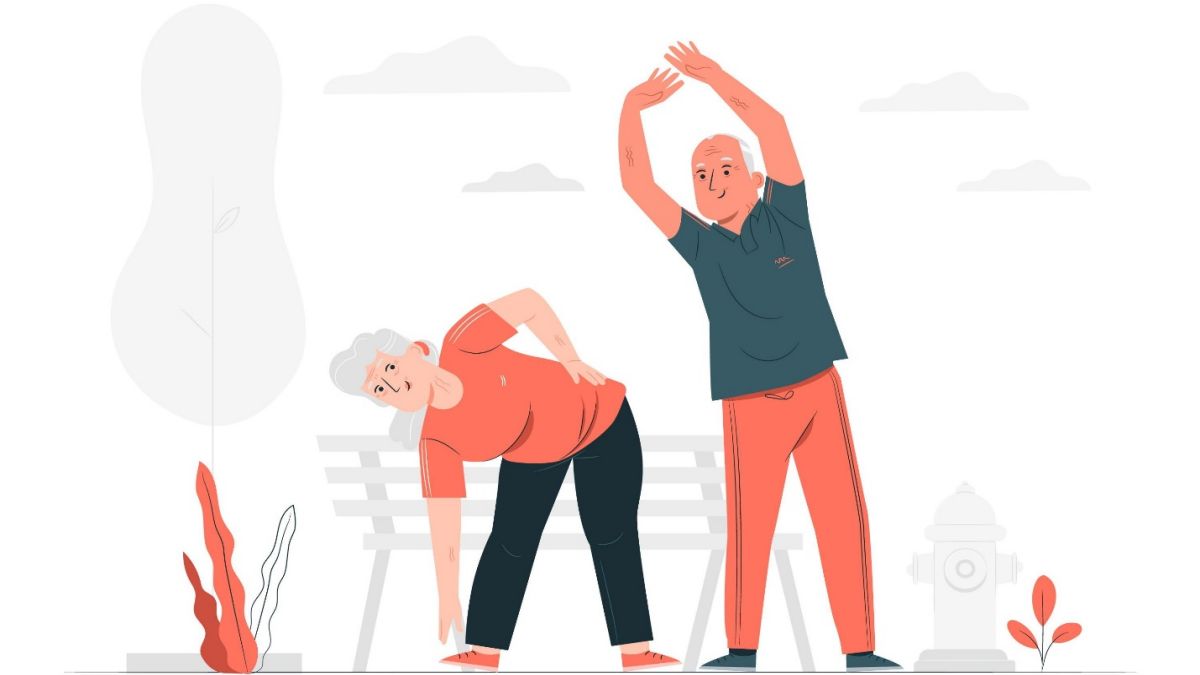
-
- Health Checkups and Tests You Need
- By Fatima Amir 23 May,2024

-
- Rehabilitation training after fracture involves reduction
- By Jason 05 Mar,2024
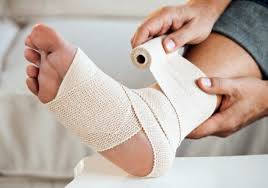
-
- Pain relief after injury
- By Jason 06 Mar,2024

-
- Health Checkups Men Should Not Skip
- By Fatima Amir 23 May,2024

-
- 6 Yoga Postures for Staying Fit in your 60s
- By Fatima Amir 17 May,2024

-
- Early Signs of Lung Cancer You Should Never Ignore
- By Prodosh Kundu 14 Aug,2024
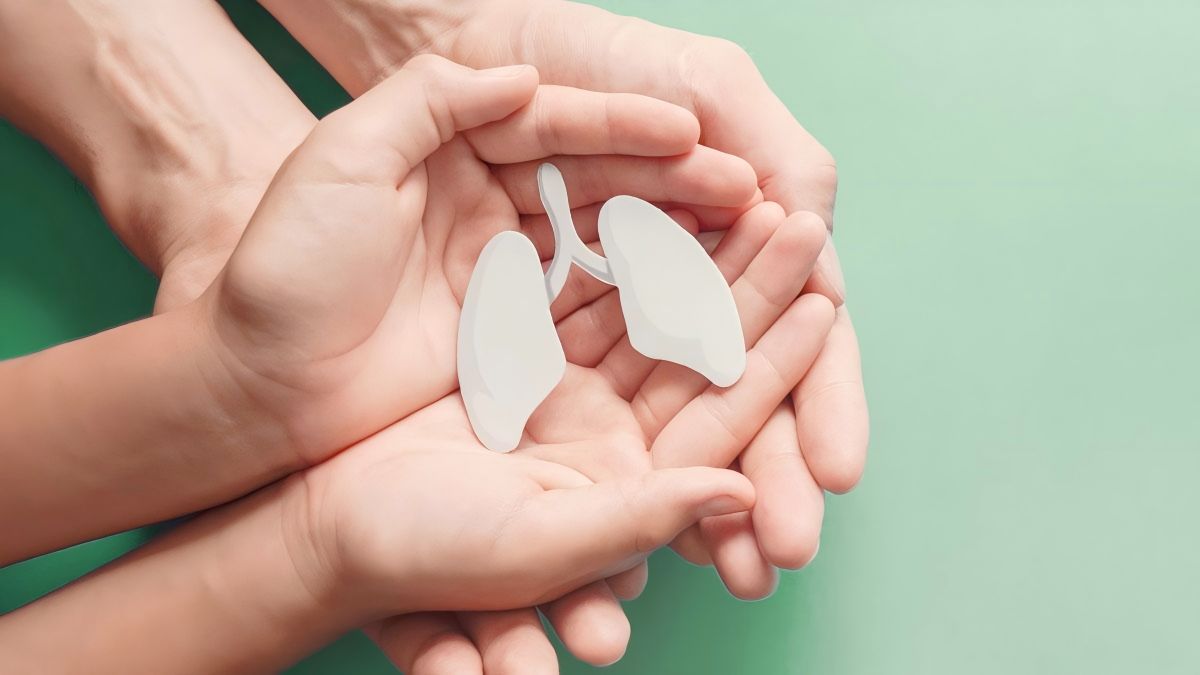
 1
1 1
1